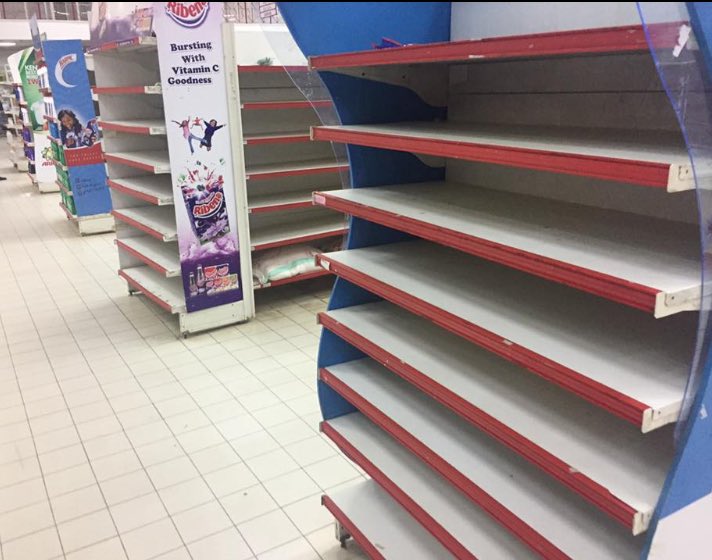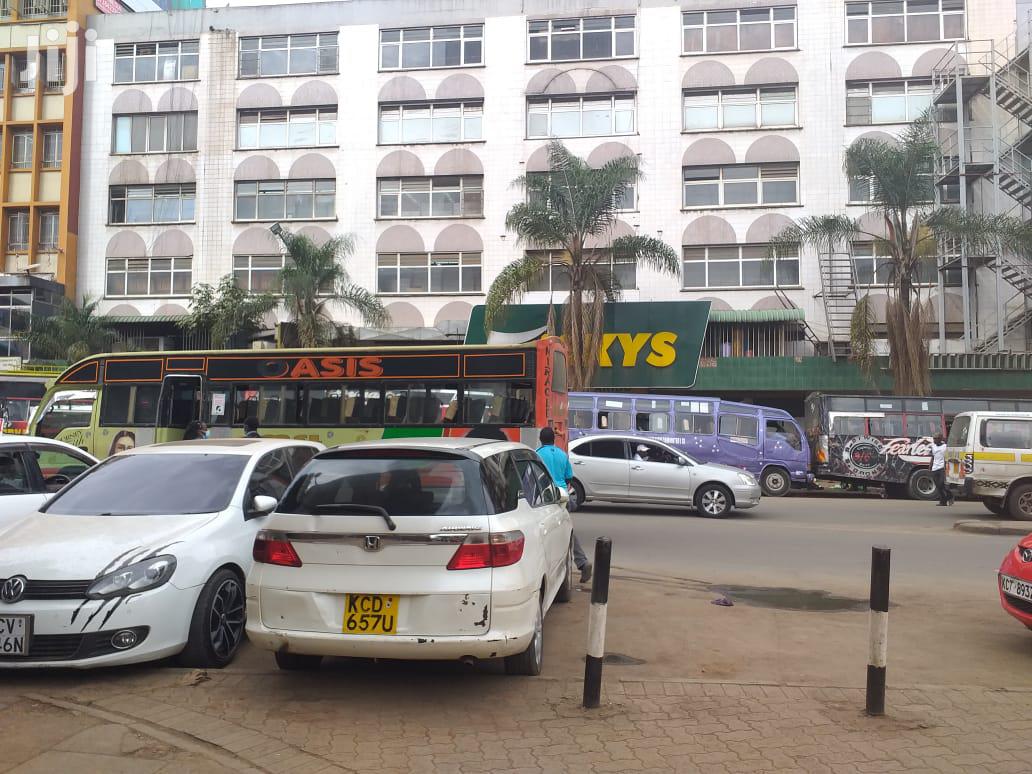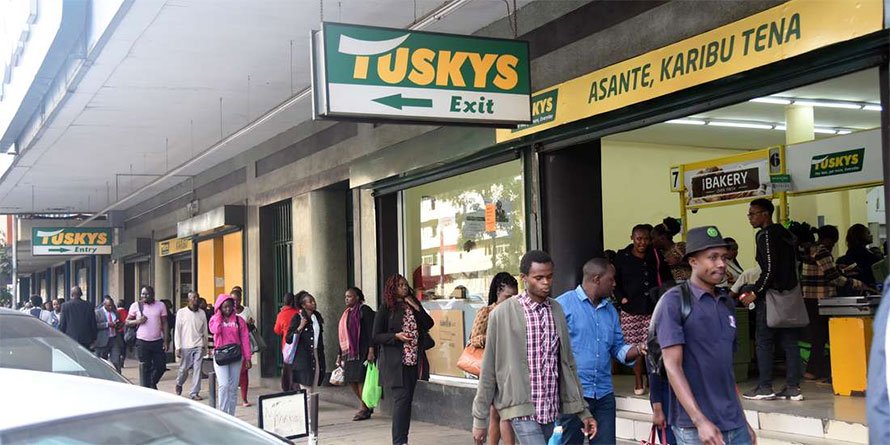Kenya’s second largest supermarket, Tuskys, has come to the rescue of its larger rival, Nakumatt, to save the latter from shuttering. The rescue came after Nakumatt, East Africa’s largest retailer, failed to secure a Ksh7.8 billion (US$75 million) financing deal quickly enough to avoid its suppliers cutting it off.
Rows of empty shelves have become a familiar sight in Nakumatt stores and it has lost customers in droves to rivals. The fruitless hunt for equity financing in exchange for a 25% stake meant Nakumatt never got the money it hoped to raise to help towards settling debt in excess of Ksh18.6 billion (US$180 million).
Instead, the retailer will now access supplies from Tuskys’ supply chain system, based on the goodwill the latter has with its dealers.
Although, the supermarkets declined to reveal what stake Tuskys had acquired from Nakumatt, they confirmed, in a joint statement they are “exploring potential options for synergies, co-operation and business integration between the two family-owned retailers”. Such an arrangement will include
“strengthening and streamlining management, acquisition of assets and eventual merger of the entities”.
In July this year, Nakumatt shut down three branches in Uganda, bringing the total count of closed branches in that country to four. In Kenya, it has shut down three branches this year, some in the guise of conducting a stock-taking exercise. But, it is the avalanche of liquidation suits by its suppliers and legal battles with landlords in Kenya and Uganda that have aggravated its financial woes.
Kenya’s formal retail sector, which has market penetration of 30%, is dominated by family-owned enterprises such as Nakumatt, Tuskys, Naivas, Chandarana and Eastmatt.
The industry’s potential for growth, predicated on a rising local middle class, has attracted global players such as South Africa’s MassMart through the Game brand, Botswana’s Choppies and Carrefour, a French multinational retailers.
At the height of its success, Nakumatt grossed about Ksh72.3 billion (US$700 million) in annual turnover and was seen as illustrative of the fast growing middle class driving retail sector growth in Kenya.
“Nakumatt is a cautionary and even mind boggling tale. It still remains an enigma wrapped in a conundrum as to how it burned through over $150 million (Ksh15.5 billion), where their business model was built on supplier-credit,” says Aly Khan Satchu, a financial analyst based in Nairobi.
ALSO SEE: Why Tuskys and Nakumatt are perfect marriage partners
Much of its troubles are thought to be linked to an ambitious expansion across East Africa, which locked up much of its cash. Analysts do not also rule out the potential for internal fraud that could have seen it lose a lot of money.
“I believe the family exerted a strong hold on the business and were simply unable to keep up with a fast moving retail sector,” said Satchu. “This is a classic case of a family business being unable to institutionalise itself.”
Tuskys has also had a fair share of turbulence, closing two of its key branches in Nairobi’s busy central business district, citing low sales and fallout with landlords. Uchumi, the only publicly listed retailer in Kenya, has also closed its Uganda and Tanzania subsidiaries and several branches in Kenya due to financial distress and poor performance of affected outlets.
The listed retailer has, however, been working on a recovery plan that includes a potential injection of Ksh3.6 billion ($35 million) equity funding from a strategic investor and another Ksh1.3 billion (US$13 million) financial boost by the state, a key shareholder. Source: Quartz Africa.











![Tuskys' plans to raise Ksh2.1 billion in a debt financing deal seem to have stalled. [Photo/ Taalamu]](https://businesstoday.co.ke/wp-content/uploads/2022/07/418-tuskys-supermarkets.jpg)

Leave a comment